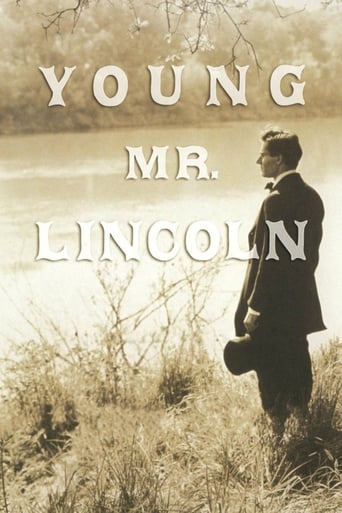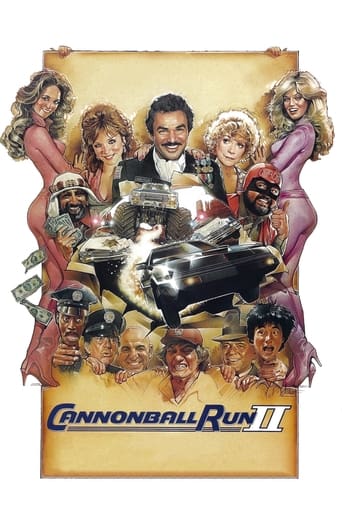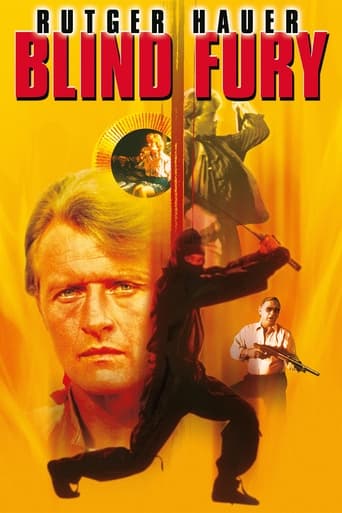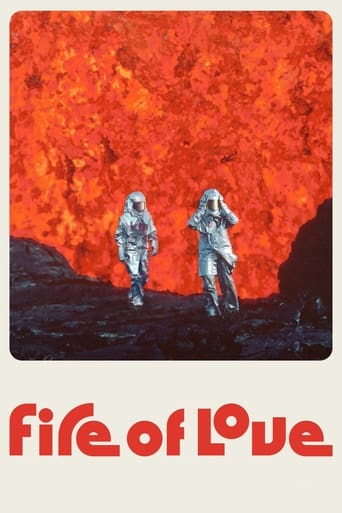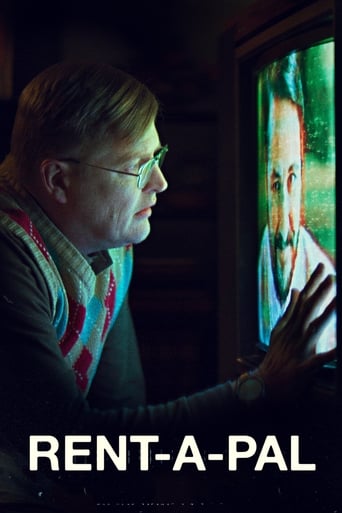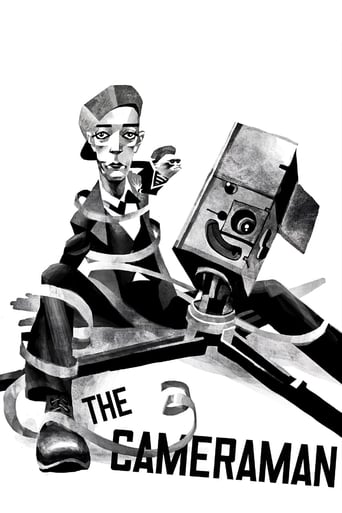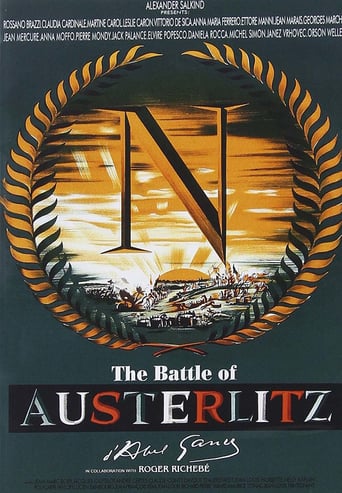


The Battle of Austerlitz
Napoleon Bonaparte crowns himself emperor and fights the English, Austrians and Russians in 1802.
-
- Cast:
- Pierre Mondy , Martine Carol , Claudia Cardinale , Leslie Caron , Vittorio De Sica , Elvira Popescu , Jean Marais


Similar titles
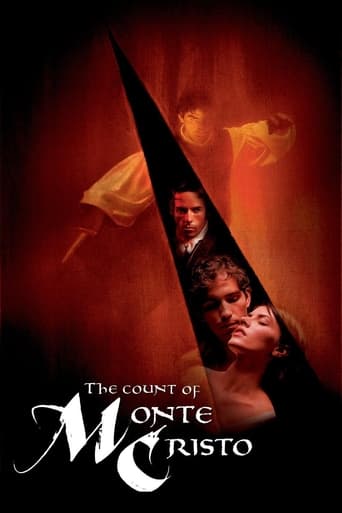
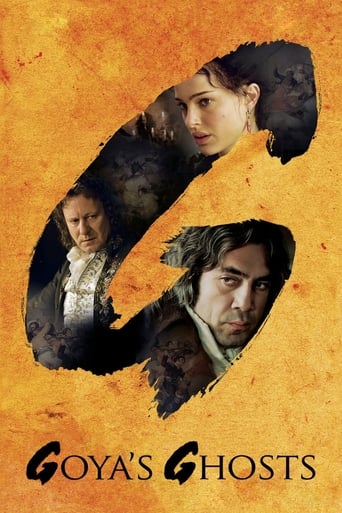
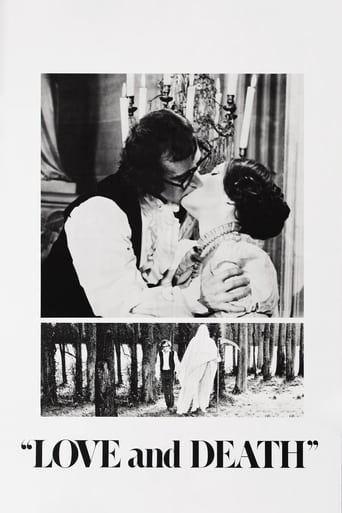
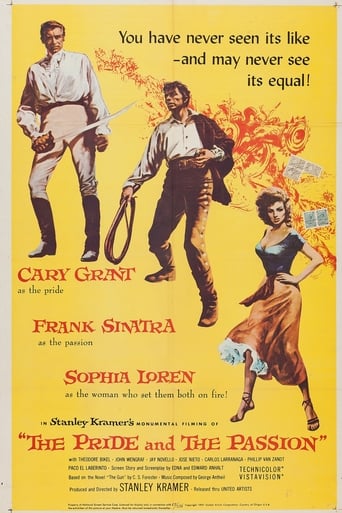
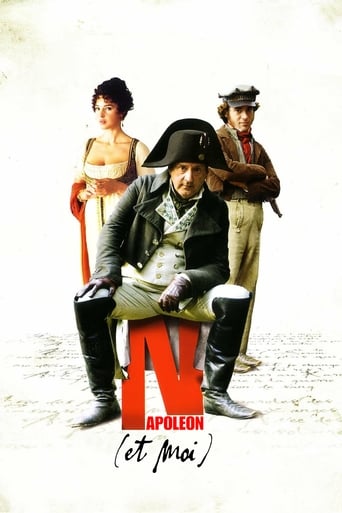
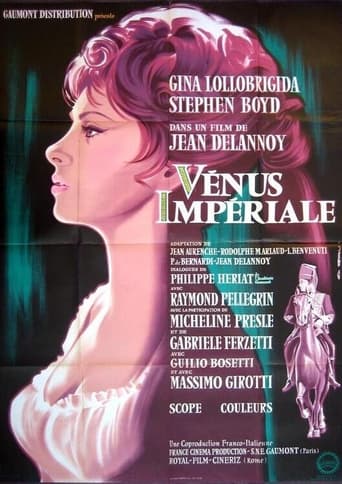
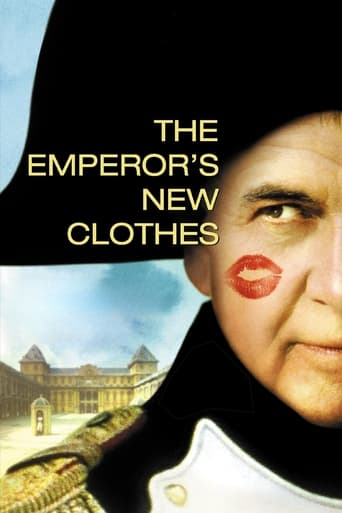
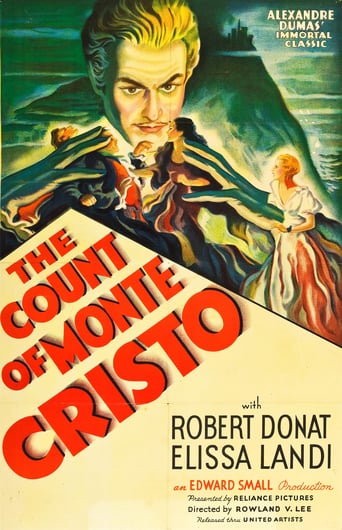
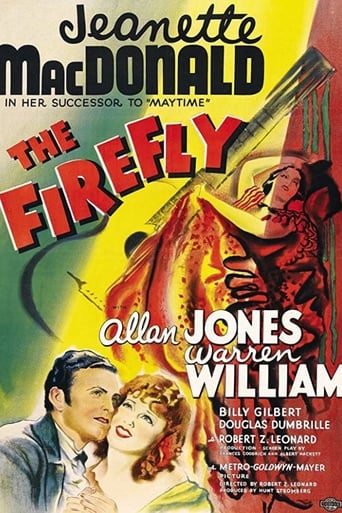
Reviews
There are moments that feel comical, some horrific, and some downright inspiring but the tonal shifts hardly matter as the end results come to a film that's perfect for this time.
The story, direction, characters, and writing/dialogue is akin to taking a tranquilizer shot to the neck, but everything else was so well done.
There are moments in this movie where the great movie it could've been peek out... They're fleeting, here, but they're worth savoring, and they happen often enough to make it worth your while.
Very good movie overall, highly recommended. Most of the negative reviews don't have any merit and are all pollitically based. Give this movie a chance at least, and it might give you a different perspective.
I will begin by saying that I enjoyed enormously "Austerlitz"'s second part,that is,the military show as such.The political preamble is interesting by many things:Pierre Mondy's acting (though a miscast),the many good cameos (we have Mrs. Caron,Mrs. Cardinale,Mrs. Popesco, Palance, Marais,Simon,Trintignant,Welles,Pavloff,Jean Mercure in the same show,and at their best),many well-thought scenes,the cinematographic thinking of Gance,the script's sobriety in the treatment of the Bonaparte family (arrogance,vanity,etc.). I cannot but admire the choice of the bit parts.Many vignettes are ANTHOLOGICAL (e.g.,the Pope calling Bonaparte a comedian).No cheap jokes.The script is unconventional,dense and considerate. Napoleon appears as a peevish, tetchy, burlesque, selfish,petulant, aggressive and endowed man (this portrait is very fair and balanced,and,if ironical and humorist, it is not at all disrespectful, heinous, outrageous--it is not a cartoon);his family:a bevy of greedy pushers,arrogant, vain parvenus, coarse intriguers, cads. The pettiness and the misery do not lack in Bonaparte's life.His sweetheart is a dowdy.I liked a lot the costumes,the clothes,the uniforms.Gance makes parade before our pleased eyes a series of expressive figurines,exquisitely molded (Carnot, Talleyrand,Kutuzov, Fulton,Mlle De Vaudey,Madame Récamier,Weirother,Lannes,Pius VII,etc.,etc.).The women in this movie (Mrs. Caron,Mrs. Cardinale,Mrs. Elvire Popesco) are radiant and brilliant.The more I think about "Austerlitz",the more I perceive its greatness and value."Austerlitz" must be tasted,but also thought about,analyzed. It satisfies both the heart and mind.For me,"Austerlitz" is one of the most amazing,though imperfect, masterpieces.This movie has its flaws;it also has obvious qualities and is worth watching .Practically,all the cameos are exceptional,a real feast:first of all,Marais and Simon,and also Wells,a very young Trintignant,Palance (it is quite debatable if Palance's histrionic performance is really that kitsch and tasteless;I think he was just playing Russian,though his role is that of an Austrian,and he succeeded in creating some funny moments in the movie;I enjoy what Palance did with his role:it's buffoonish,but also fun),etc..Marais is a standout,simply astonishing. The same is true about Jean Mercure (as "Talleyrand") and Polycarpe Pavloff (as "Kutuzov").Pierre Mondy is an obviously skilled actor,but a miscast as Bonaparte.His ingrate physique does not help him this way.In the first part,that of the political rise of Napoleon,Pierre Mondy looks choleric,roguish,voluntary,brutal,mocking,irascible,clownish enough;but he can't look inspired,exceptional,larger-than-life.Maybe this is not Bonaparte,but is a well-made role.Undoubtedly,Pierre Mondy knows his job;but his performing is,sometimes,theatrical,and rather inadequate for cinema.A pleasant surprise is "Austerlitz"'s realism and irony,its lack of idolatry and of inhibitions:we see the Bonaparte family as it was,a bevy of parvenus and cads.Gance does not incense Bonaparte's holy cards,does not extol him measureless.On the contrary,the script shows a powerful,able,sharp and temperate mind.In "Austerlitz"'s first part,that might be entitled "Napoleon's rising" ,some actors play stiffly ,are theatrical and formal,obsolete and worn out,the movie recalls the scene.But the cameos (Marais,Simon, Trintignant,Pavloff) bring in a vast amount of exciting and largehearted acting.I guess the first part of "Austerlitz" was intended as a prologue,a preparation,a political and historical preface.The society depicted was a theatrical and quite cold one;still,the THEATRALISM of some of the performances displeases.Even the theatrical characters must be performed lively.Simon's performance (as "Auboise") simply sweeps away anyone else on the set;his comic role is a great landmark in the history of cinema.I am a huge fan of this second part of "Austerlitz";its photography is excellent:a gorgeous looking film .I also enjoyed a lot the cameos from Marais,Simon,De Sica (flawless!!!),Mrs. Elvire Popesco,Wells,Marchal (though not very remarkable here).This fresco must be rehabilitated urgently.Any national cinematography would take pride in a movie like "Austerlitz". But I guess many don't get this film's greatness, nor Gance's showmanship and taste.Finally,I will add that Bloy held Bonaparte in high esteem;so did Hegel,Balzac, Stendhal,and even,in his youth,Schopenhauer.
This movie is a huge disappointment. You'd expect the battle of Austerlitz to be the core subject as the title suggests, but it's not. Most of the movie is about the Napoleonic era before the battle, with a pseudo historic perspective. If you know just a little about history, you'll find yourself yawning most of the time, as Abel Gance tries to describe the situation for hours, through endless dialogs. Then when Napoleon is about to be crowned, you think: oh no, not another half hour just for that scene. Fortunately there's no coronation scene, but.. worse: it's told! You guess correctly: Gance didn't have the budget to do it. He might as well just skipped the whole episode. By then you've waited more than 2 hours and still no battle in sight. At last the battle comes but what you see is a tragic waste. The tactics and whereabouts of the battle are not shown but told, and you can hardly understand what's going on. A cavalry charges from right to left (a couple hundred horses), and you assume it's the Austrian cavalry. Then you're told that they're defeated by the French, and you see the same guys charging from left to right (they don't even seem to have switched costumes). Parts of the battle were filmed in studio, with ridiculous painted backgrounds. The close combat scenes are unrealistic at best. Soldiers fall apparently for no reason, and if nobody told you about the outcome, you wouldn't know who won or lost. The last scene with the French Army singing the national anthem completes the cinematographic disaster.All in all, you sit back with the feeling that this movie was conceived and shot in the early days of movie making, not in 1960: it's not a movie about Austerlitz, it's the pathetic attempt of an aging man trying to describe the glory of an emperor he admired. The result is a boring picture that doesn't even enhance our historic understanding of the Napoleon era (in spite of Gance's attempts to stick to some historic details).
...and to "Napoleon" whose life Gance transferred to the screen in the silent era.Sandwiched between two very underrated Gance works ("la Tour de Nesles" and "Cyrano et D'Artagnan" )it is a return to "real " "true" history.I will go as far as to write that Gance impressed me much more when his movies dealt with fictionalized history (the two mentioned movies,but "j'accuse" too)."Austerlitz has something academic ,conventional.It has nothing of Gance's madness.The first part is a stream of stars from Martine Carol to Claudia Cardinale ,from Jean Marais to Orson Welles (in a part which reminds us how Gance was interested in the development of science through the centuries ,à la Jules Verne,we find this interest in "Cyrano" and "J'accuse" too).THe lead is a good actor but he might be ,on an international level, the least known of them all:Pierre Mondy's name is buried in the cast and credits and although he is on the screen from the beginning to the end,his name is not bigger than that of Welles who appears barely five minutes.Ah fame! The first part has only one sequence where we find back the inventive Gance:we do not attend the coronation in Notre Dame ;the marechal de Ségur (Jean-Louis Trintignant) tells the whole story with the model in front of a strange audience:servants ;then the "mamma " ("pourvu que ça dure!=lets hope it lasts!") ,Napoleon's mother (Elvire Popesco) enters and her tears begin to flow .Although David put her in his famous painting she did not attend the ceremony.The second part is more historically interesting ,but if you are not fond of military strategy ,you may stop yourself yawning.Fortunately a soldier of the old guard of Napoléon (un "grognard" )played by Michel Simon brings a bit of life among these troop movements.Last but not least:I have always asked myself why a convinced pacifist such as Gance (his two versions of "j'accuse" may be the strongest anti-war films ever)could be so fascinated by a warrior such as Napoleon.
Concerning depiction of the Russian army in 1805 (historical figures, uniform, people's manners in the military camp and at the battlefield) this film of Gance is somewhat of a cabaret performance. Alexandre I is a kind of a funny mask, Koutouzov - even worse. Russians' uniform and Cossack dances are acceptable for some carnival but certainly not for the historical reconstruction. Above all there is an obvious comic accent in this movie, even in the main episode of the battle. Though the script is not bad being based on the reliable historical source (memoirs of the count Segur) the figure of Napoleon is also ridiculous in some scenes (I wonder why do French actors like to show him as a character of "comedia del Arte"?). To make my claims more motivated I recommend you to compare this "Austerlitz" with the appropriate episode in "War and Peace" by Sergey Bondarchuk - much more dramatic, serious, large-scaled and true in details.

